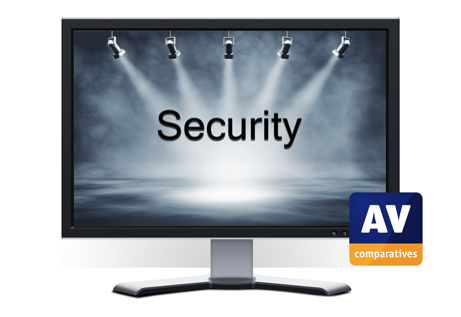Gandalf_The_Grey
Level 76
Thread author
Verified
Honorary Member
Top Poster
Content Creator
Well-known
- Apr 24, 2016
- 6,566
In the past, a common complaint about antivirus programs was that they had a major impact on system performance, i.e. made the PC run more slowly in everyday use. Nowadays, anti-virus products use different optimization techniques to reduce system impact and disruption of everyday tasks.
In this blog post we want to answer the question as to whether any of the performance-enhancing measures taken by anti-virus vendors might have an impact on products’ ability to detect malware under some circumstances. To this end, we checked whether anti-virus products consistently detect malware in specific scenarios.
Finding the right balance between real-time malware detection and performance is challenging. Anti-virus vendors optimize their respective products in various ways to reduce the impact on system performance. Below are some examples of optimizations that could theoretically be implemented in some products. All of them could have a positive effect on performance, but might reduce the detection rates of any malicious files. We do not guarantee any completeness or correctness for the following list, as there are many unknown variables and different implementations which we cannot consider. Only the respective anti-virus vendor could provide exact answers and technical details about an individual product.

The balance between performance (low speed-impact) and real-time detection
In the past, a common complaint about antivirus programs was that they had a major impact on system performance, i.e. made the PC run more slowly in
 www.av-comparatives.org
www.av-comparatives.org
